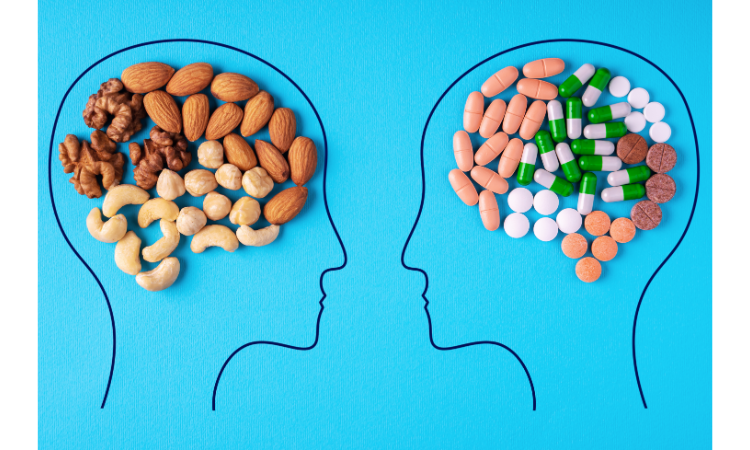The mind-body connection has always been an integral part of our wellbeing. Notably, our mental health plays a crucial role in overall health, and it is fundamentally tied to what we eat and drink. In this article, we’ll explore what is mental health, the essential vitamins for mental health, as well as the key nutritional supplements and foods that can boost our mental wellbeing. Let’s dive in.
Understanding Mental Health

The World Health Organization defines mental health as a state of well-being in which an individual realizes his or her own potential, can cope with the normal stresses of life, can work productively and fruitfully, and is able to contribute to his or her community. It’s not merely the absence of mental disorders or disabilities.
Just as a well-balanced diet can help us physically, certain vitamins, supplements, and foods have been found to particularly support mental health. Here are some of the key nutrients to consider.
Vitamins for Mental Health
Vitamin B12
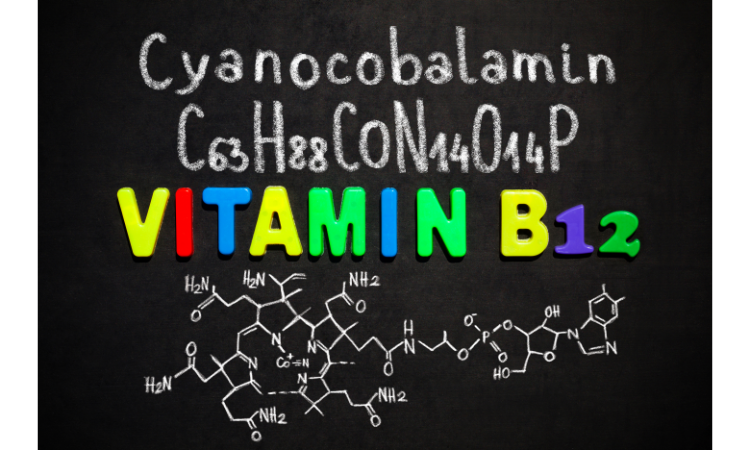
Vitamin B12, a water-soluble vitamin, plays a key role in the functioning of the brain and the nervous system. Research suggests a deficiency in B12 can lead to depression and anxiety. Natural sources include meats, fish, dairy, and eggs.
Vitamin B1

Also known as Thiamine, Vitamin B1 supports the healthy functioning of our nerve cells and is associated with mood regulation. Good sources include whole grains, beans, peas, and nuts.
Vitamin D

Famously known as the sunshine vitamin, Vitamin D plays an instrumental role in mood regulation. Low Vitamin D levels have been associated with depression. You can boost your Vitamin D through direct sunlight, fortified dairy products, fatty fish, and eggs.
Supplements for Mental Health
Beyond vitamins, certain supplements can also contribute to mental health.
Magnesium
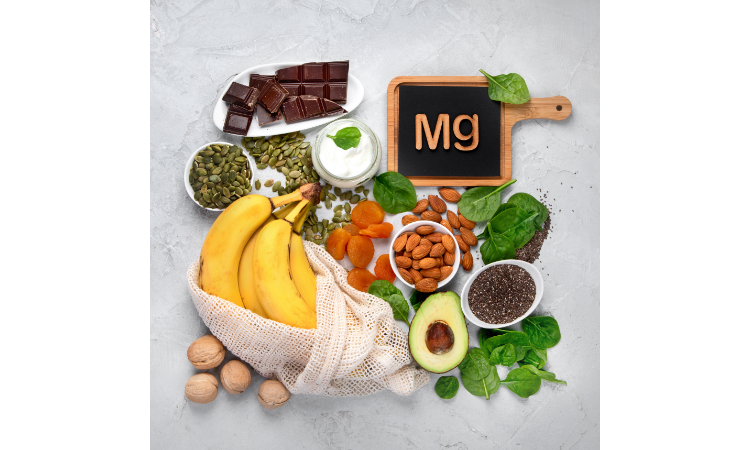
Magnesium plays a key role in many brain and body functions, including mood regulation. A deficiency in this mineral has been linked to an increased risk of depression. Foods high in magnesium include almonds, spinach, black beans, avocado, and dark chocolate.
Probiotics
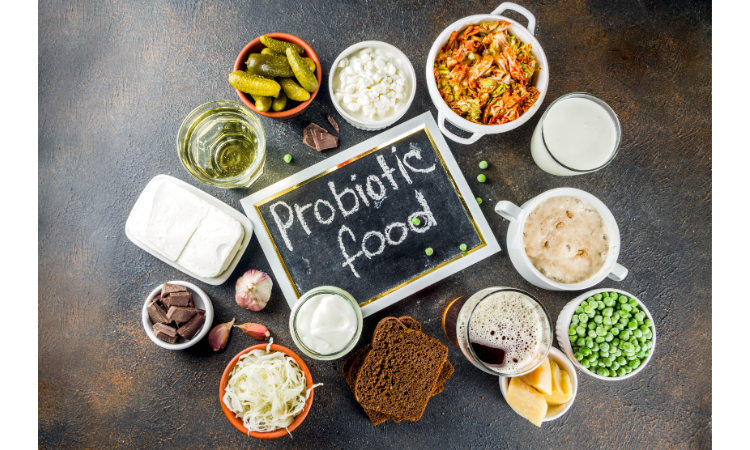
There is growing evidence that our gut health can affect our mental health, a connection known as the gut-brain axis. Probiotics, found in fermented foods like yogurt, kefir, sauerkraut, and kimchi, can help maintain a healthy gut flora, which may support mental well-being.
Zinc
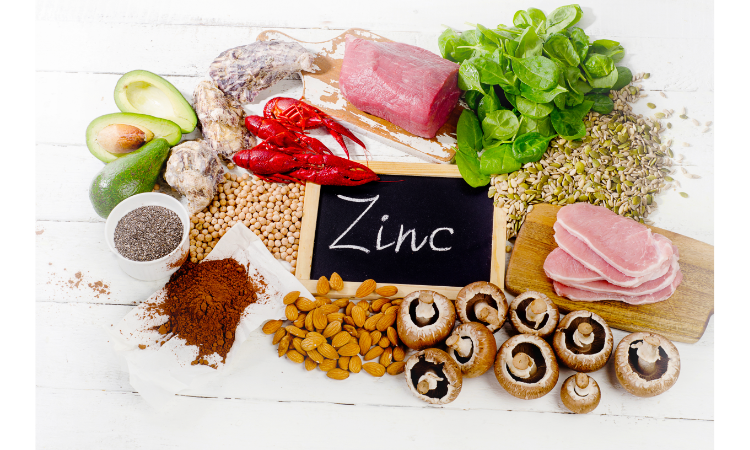
Zinc is crucial for brain health and it has been found to control the body’s response to stress. Foods rich in zinc include oysters, beef, chicken, tofu, pork, nuts, seeds, lentils, yogurt, oatmeal, and mushrooms.
Iron
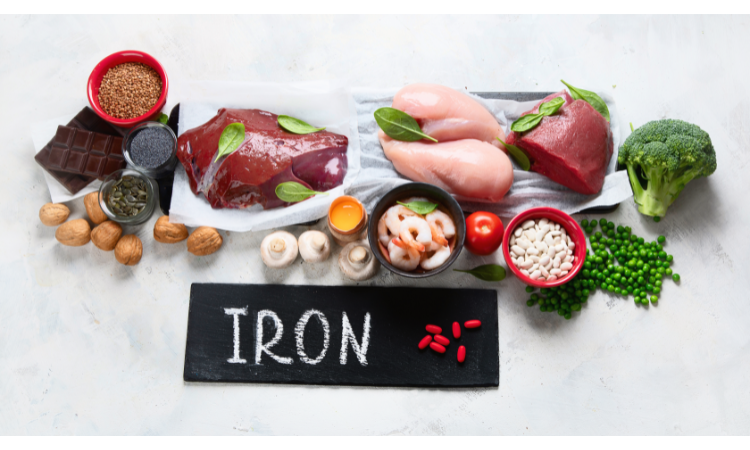
Iron plays a pivotal role in delivering oxygen to our cells, including brain cells. Iron deficiency can lead to anemia, which can cause fatigue, weakness, and even depression. Iron-rich foods include lean beef, chicken, turkey, spinach, lentils, and fortified cereals.
Omega 3 Fatty Acids
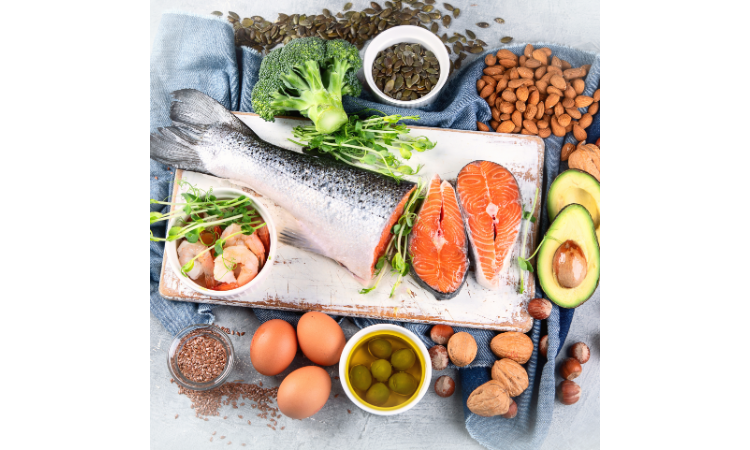
Omega 3 Fatty Acids are essential for brain health and function. They’re especially known for their anti-inflammatory and antidepressant effects. Foods rich in omega-3 fatty acids include fatty fish (like salmon, mackerel, and sardines), walnuts, flaxseeds, and chia seeds.
Selenium
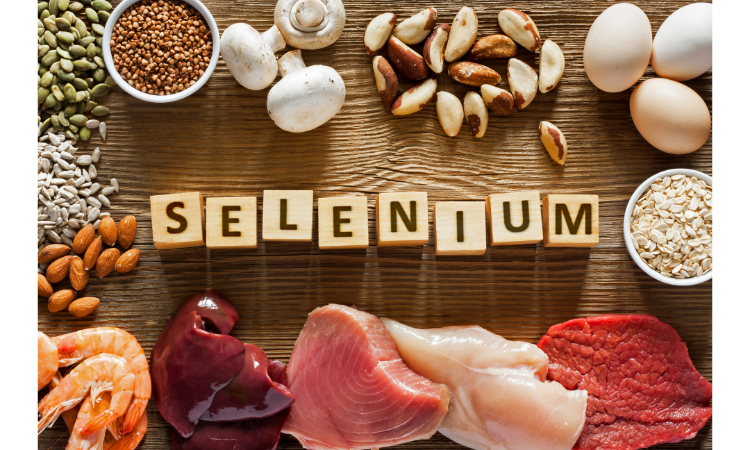
This is a powerful antioxidant that helps protect the body from damage and is important for mental health. Some studies suggest that low levels of selenium can lead to depression, anxiety, and fatigue. Foods rich in selenium include Brazil nuts, fish, ham, and whole wheat bread.
Tryptophan
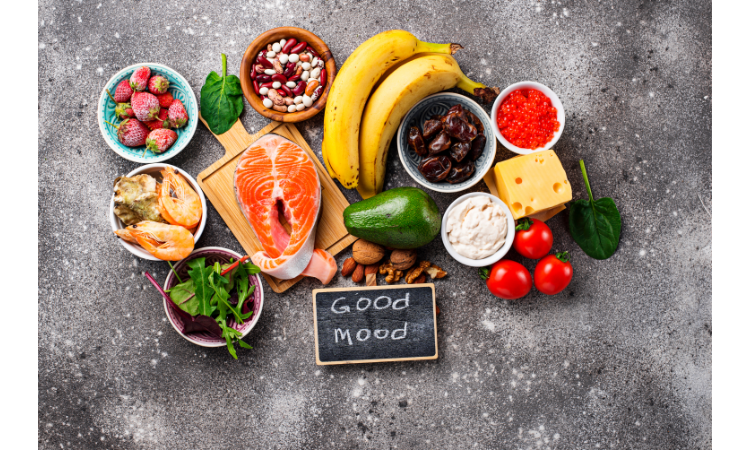
This is an essential amino acid that the body uses to make serotonin, a neurotransmitter that helps regulate mood. Foods high in tryptophan include turkey, eggs, cheese, tofu, and nuts.
Food for Mental Health
While vitamins and supplements can support mental health, it’s also crucial to eat a diet rich in the right foods. Here are some of the best:
Dark Leafy Greens
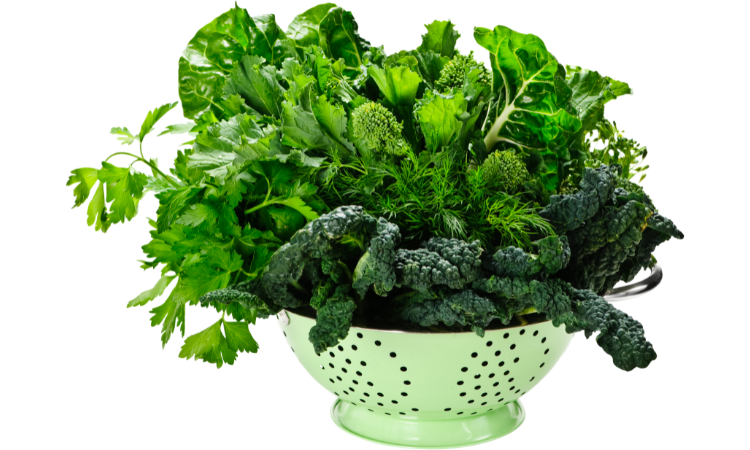
Dark leafy greens like spinach and kale are rich in vitamins A, C, E, and K, as well as several B-vitamins. They’re also a good source of fiber, iron, magnesium, potassium, and calcium.
Berries

Berries, such as strawberries, blueberries, and blackberries, are packed with antioxidants that promote brain health. They are also high in fiber and vitamin C.
Whole Grains
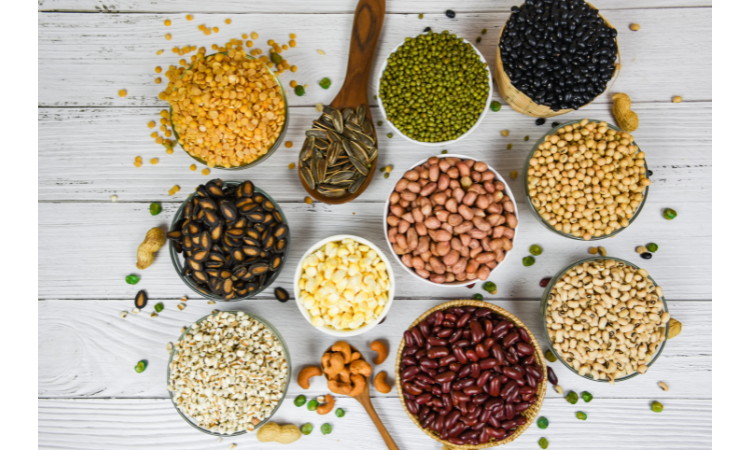
Whole grains are an excellent source of fiber, keeping you full and satisfied, which can help regulate mood. They are also a good source of B vitamins.
Fatty Fish

Fatty fish like salmon, mackerel, and sardines are rich in omega-3 fatty acids, which are essential for brain health. Consuming fatty fish regularly can help improve mental well-being and mood.
Yogurt
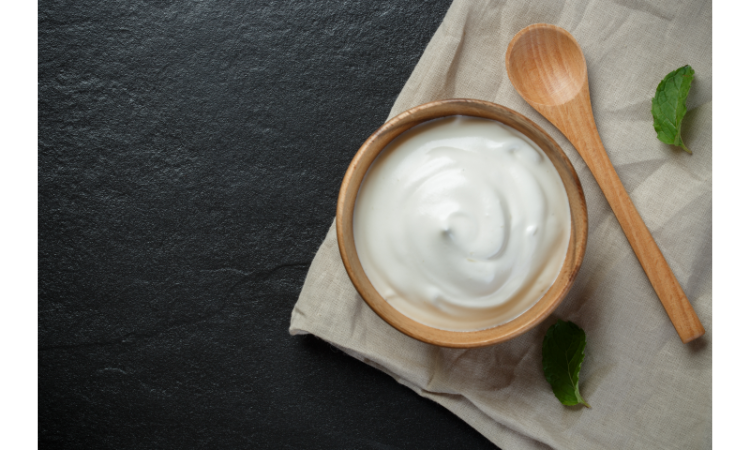
Probiotic-rich yogurt promotes a healthy gut, which is directly linked to a healthy mind. It also provides essential nutrients such as B vitamins, protein, and calcium.
Walnuts
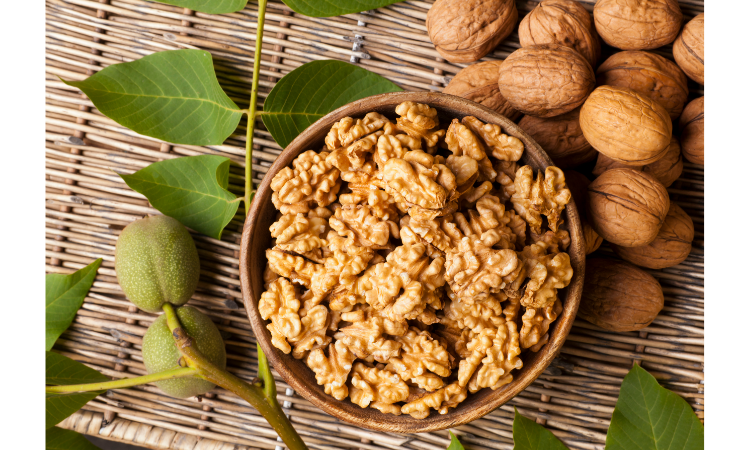
Walnuts are a valuable source of protein, healthy fats, fiber, vitamins, and minerals. They also have high levels of DHA, a type of Omega-3 fatty acid, which has been linked to brain health.
Conclusion
In conclusion, your diet can play a vital role in supporting your mental health. Including essential vitamins for mental health, such as Vitamin B12, Vitamin B1, and Vitamin D, along with supplements like Magnesium, Probiotics, Zinc, Iron, Omega 3 Fatty Acids, and Selenium can significantly impact your mental wellbeing.
Remember to incorporate mental health-boosting foods into your diet, like dark leafy greens, berries, whole grains, fatty fish, yogurt, and walnuts. Taking a comprehensive approach to mental health that includes a balanced diet can contribute significantly to overall well-being. However, it’s also important to remember that if you’re struggling with mental health issues, reach out to a healthcare professional. Nutritional changes can support, but they’re not a substitute for professional help when needed.
Through understanding what is mental health, the significance of various vitamins, supplements, and the role of a balanced diet, we can strive towards not just physical, but mental and emotional wellbeing too. It’s never too late to start making positive dietary changes for your mental health.
